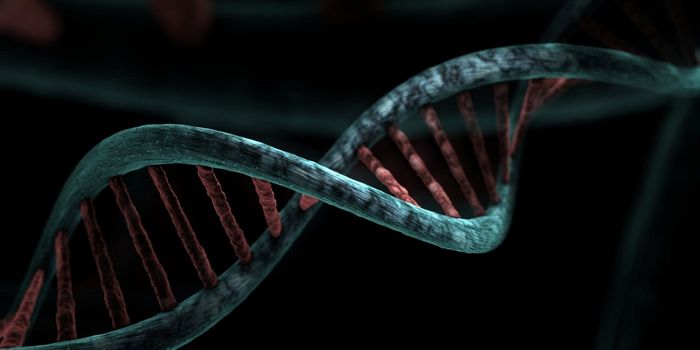Doxorubicin Causes Heart Toxicity by Immune System Disruption
Doxorubicin is a chemotherapy drug known by the brand name Adriamycin. It is widely used to treat ovarian, bladder, lung, thyroid and stomach cancers. Chemotherapy drugs are powerful and can have many side effects, both mild and severe. Doxorubicin can cause side effects such as chest pain, fever, cough, weight gain, nausea, hair loss, and unusual bruising. More severe side effects include problems such as birth defects, skin damage, the risk of new cancers, and heart problems such as damage and arrhythmia. A study recently published in the American Journal of Physiology-Heart and Circulatory Physiology shows how the drug causes a dose-dependent heart toxicity that can lead to congestive heart failure.

The study found the doxorubicin-induced fibrosis of the heart and increased apoptosis, known as programmed cell death, impaired heart pumping, and caused a wasting syndrome in the heart and the spleen. Wasting syndrome of the spleen is problematic since it acts as a reservoir of immune cells that respond to heart injury after an event like a heart attack. Specifically, doxorubicin poisoned a group of immune cell macrophages, causing the spleen to diminish in size and impaired host defense system. Doxorubicin also lowered levels of lipoxygenases and cyclooxygenases in the heart, which results in lower levels of lipid mediators that would usually resolve inflammation in the heart. An imbalance in cell-signaling molecules known as chemokines and cytokines also occurred with doxorubicin treatment, leading to further suppression of immune cells.
Doxorubicin use as a chemotherapy drug helps to treat various cancers but leads to heart and spleen toxicity that is problematic and can lead to long-term and potentially fatal complications such as congestive heart failure. But, knowledge of the mechanism behind this heart toxicity can lead to the development of strategies that can protect the spleen and heart during treatment with doxorubicin for cancer patients.
To read the study from UAB researchers in American Journal of Physiology-Heart and Circulatory Physiology click here. To learn more about chemotherapy drugs and how they work watch the video below!
United States National Library of Medicine








